
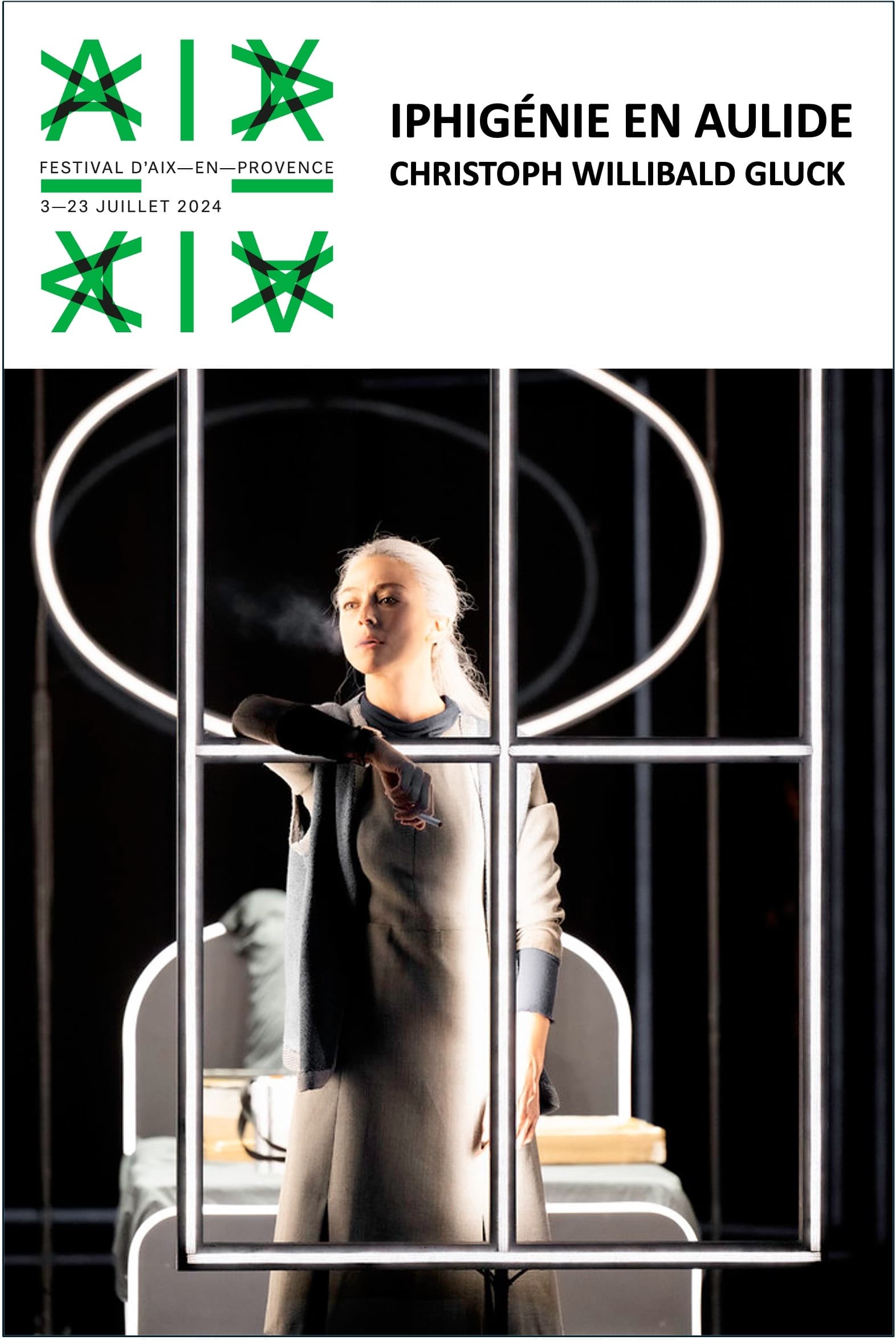
A decade before the French Revolution, in a country riven with bitter polemics, Gluck throws the history of opera into confusion by raising it to an unheard-of peak of tragic intensity. Experiencing his two Iphigenias in a single evening goes beyond the norms of operatic life: it is to enter the very heart of the curse on the family of King Atreus of Mycenae, to follow a logical destiny through a cycle of endless violence. How does the victim of Aulis become the murderess of Tauris? That is the burning question that Dmitri Tcherniakov must adress, plunging the spectator into the midst of a household haunted by the dead and setting in train an implacable process of dehumanization, with parallels to our world today. Conducting Le Concert d’Astrée, Emmanuelle Haïm drives this dual tragedy to the summit of its expressive power, leaving humanity to be translated through arias of the utmost poignancy.
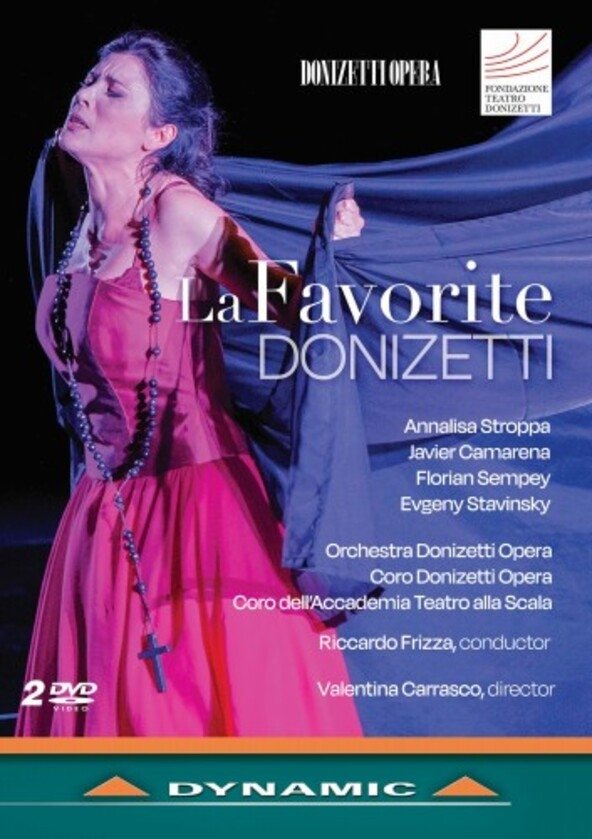
Composed for the Paris Opéra, the romantic but ultimately tragic narrative of Donizetti’s grand opera La Favorite is set amidst the Moorish invasions of Spain and the power struggles between religion and the state in the 14th century. The novice Fernand abandons his monastery having fallen in love with the noble Léonor, not knowing that she is the King’s mistress and favourite. Drawing on traditions established by Rossini and Meyerbeer, La Favorite is noted for Donizetti’s innovative use of the orchestra and for some of his most renowned and enthralling arias. This acclaimed production opened the 2022 Donizetti Opera Festival in Bergamo, and is performed with its original French libretto.
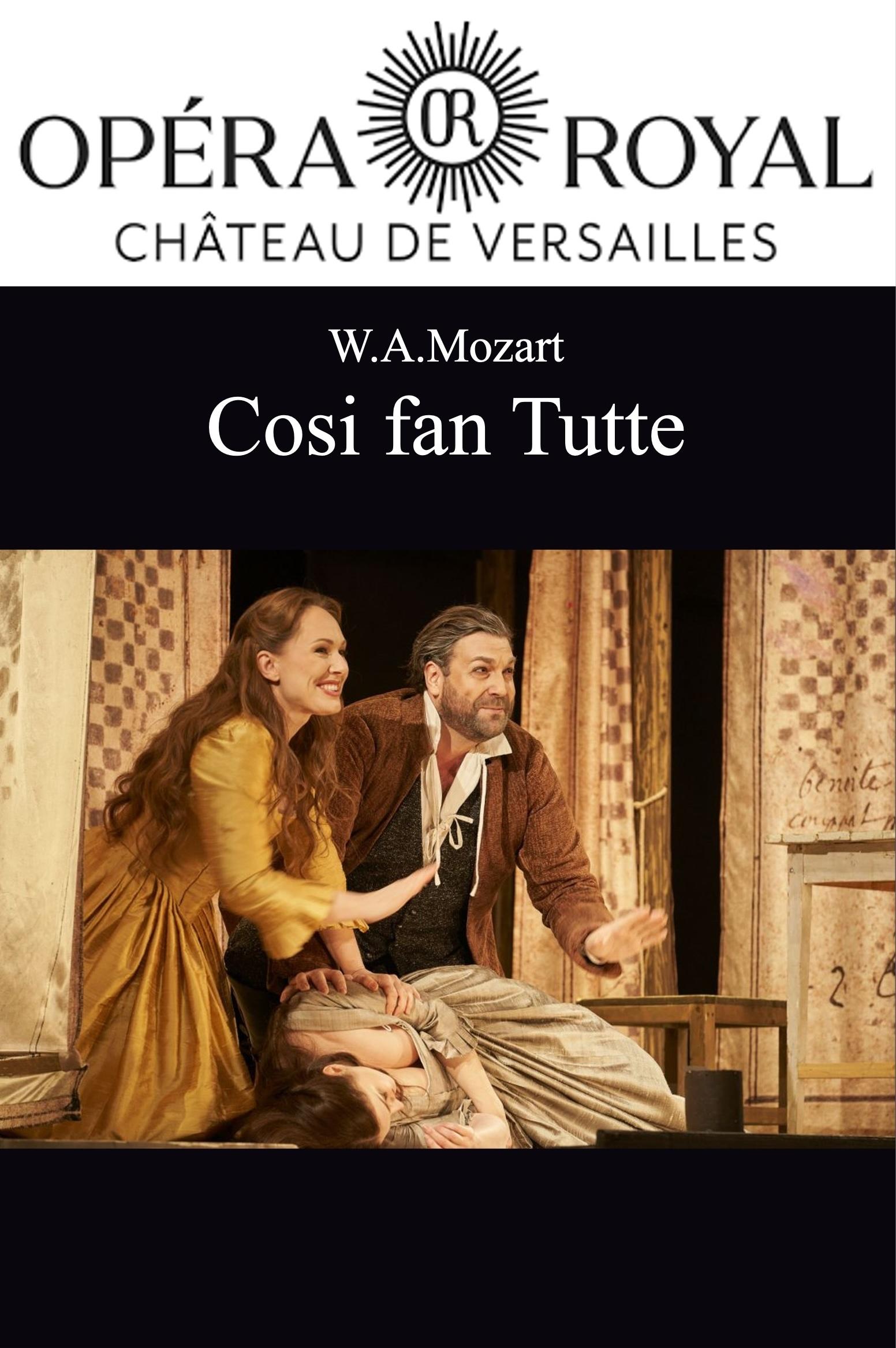
Così fan tutte, or The School for Lovers, is the last joint opera buffa by Mozart and Da Ponte. The libretto and score were written in a month in December 1789, and the premiere took place at the end of January 1790, but the death of the Emperor interrupted the run after five performances. This Neapolitan-style comedy (the action is set in Naples!), but very much inspired by French comic opera, and in particular by Femmes Vengées composed by Philidor in 1775 to a libretto by Sedaine (which was performed in Vienna), where two women wanting to teach their husbands a lesson exchange their roles by cross-dressing… in order to seduce them and confuse them better! Twenty years later, Mozart and Da Ponte found exceptional inspiration for this comedy of manners in the spirit of Marivaux, where love, beauty and cruelty are subtly intertwined, until all hell breaks loose for some anthological moments!
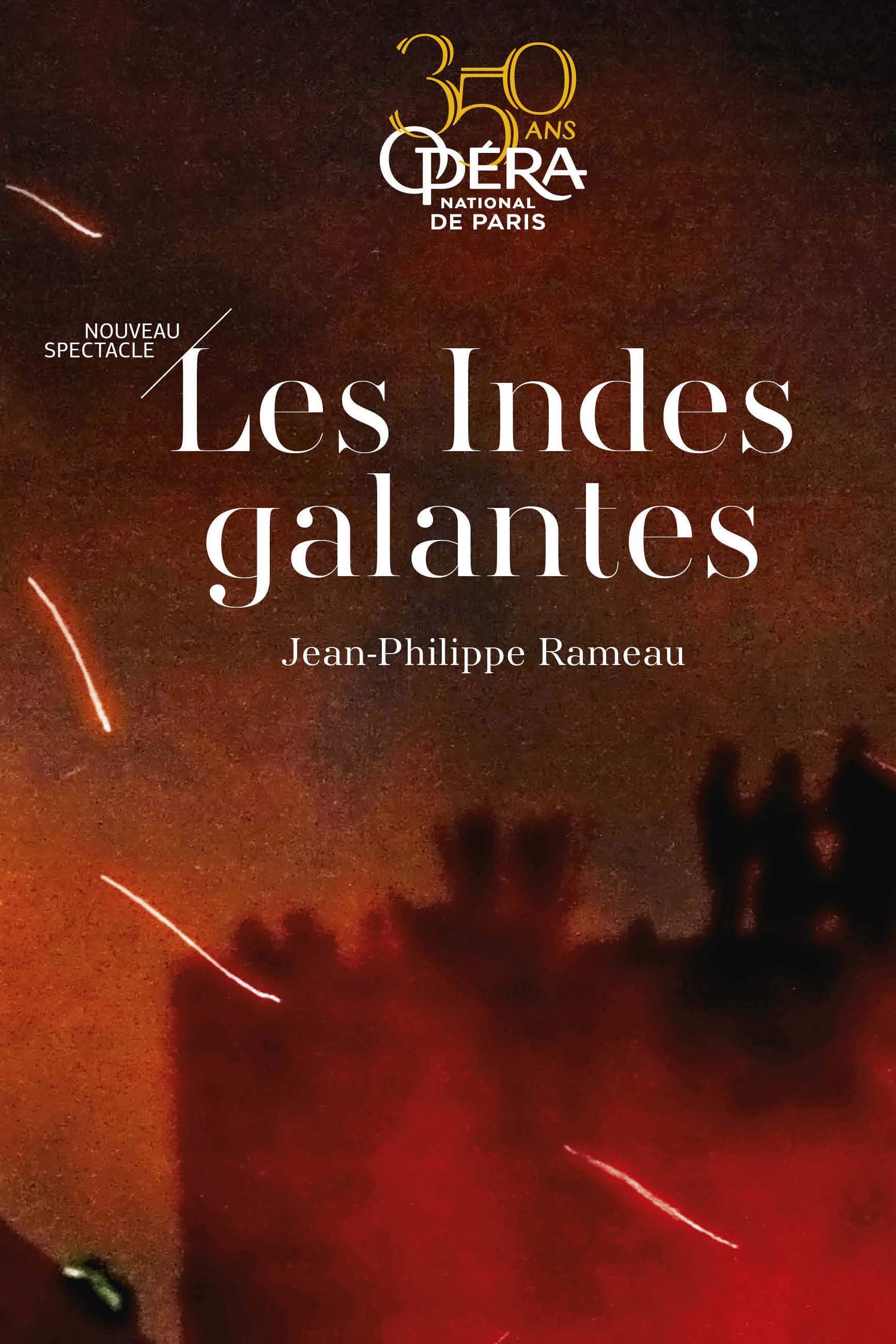
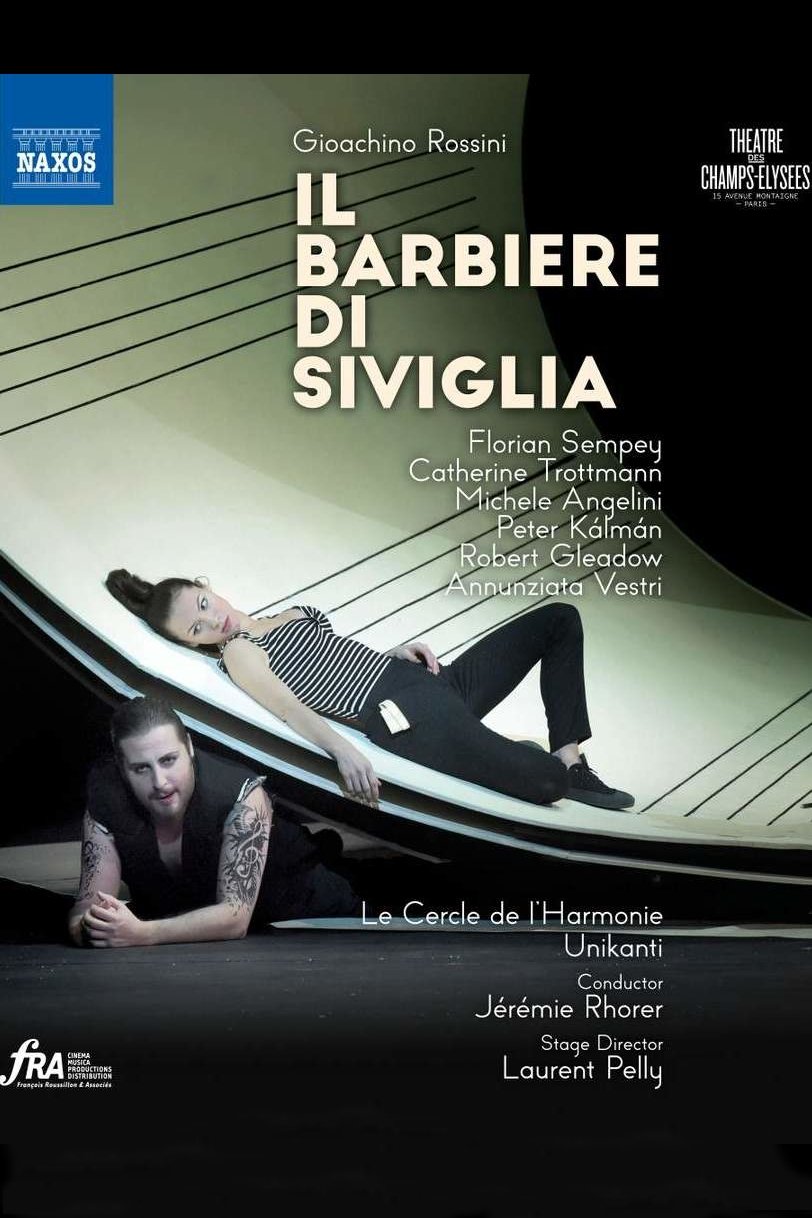
This is Laurent Pelly’s Théâtre des Champs-Élysées staging of Rossini’s Il barbiere di Siviglia, with a cast featuring Florian Sempey as Figaro, Catherine Trottmann as Rosina, and Michele Angelini as Il Conte Almaviva. Jérémie Rhorer conducts Le Cercle de l-Harmonie.
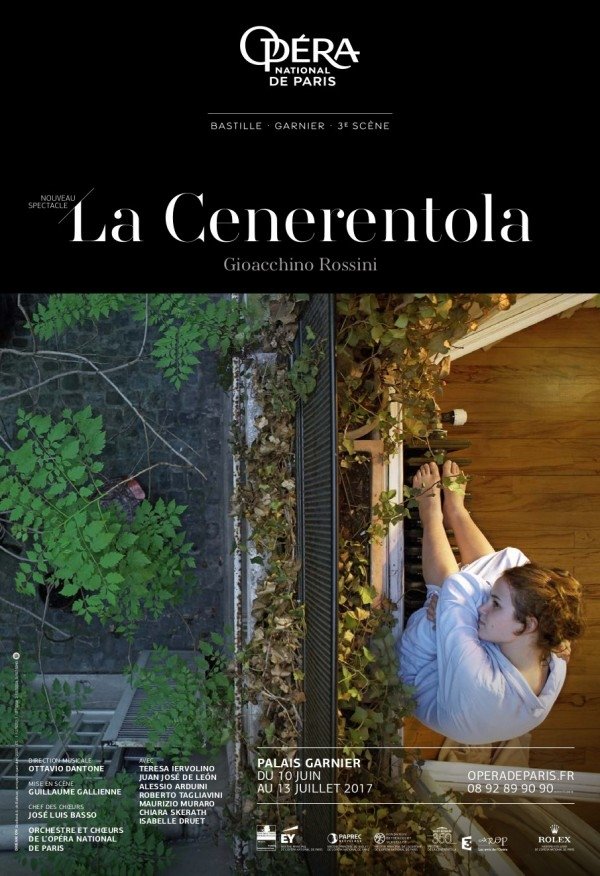
Divested of its traditional attributes – glass slipper and pumpkin carriage – and dominated by a tyrannical stepfather instead of a cruel stepmother, Rossini’s la Cenerentola plays with these most conventional of fairy‑tale characters. Nonetheless Cinderella lives in a closed world devoid of tenderness and under the yoke of the tormentor whom she protects. Deep beneath her goodness smoulders a fire that her encounter with the prince will set free… Guillaume Gallienne subtly highlights the halftones of this dramma giocoso, somewhere between opera buffa and opera seria, and ranging from sombre melancholy to the burlesque.
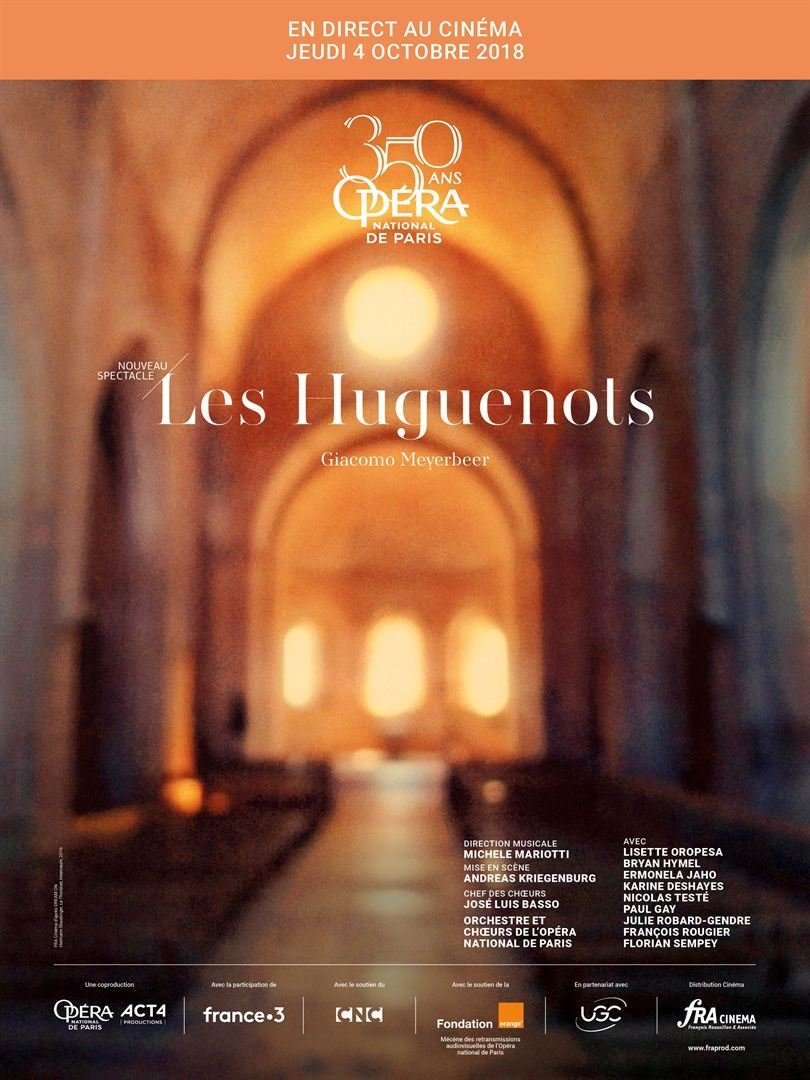
Les Huguenots is a monumental fresco featuring various impossible loves in the context of the Saint Bartholomew Massacre. Andreas Kriegenburg places these timeless conflicts of love and religion in an immaculate setting in which the costumes appear yet more flamboyant and the victims’ blood more violently red.
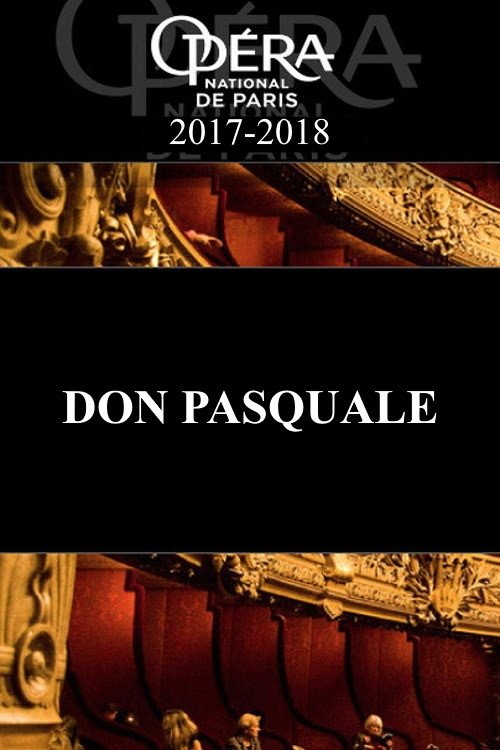
“Foolish indeed is he who marries in old age.” Thus ends Don Pasquale: with a wise dictum not lacking in irony that sums up the disappointments of its hero, a rich bachelor keen to marry who is deceived by his nephew Ernesto and his young bride-to-be Norina. First performed in Paris in 1843, at the turning point of several eras, Don Pasquale, a composite and varied work, is the apotheosis of opera buffa. Performed for the first time at the Paris Opera, the production has been entrusted to the Italian director, Damiano Michieletto, who transports us directly to the sincerity and dramatic splendour at the heart of an apparently light‑hearted work.
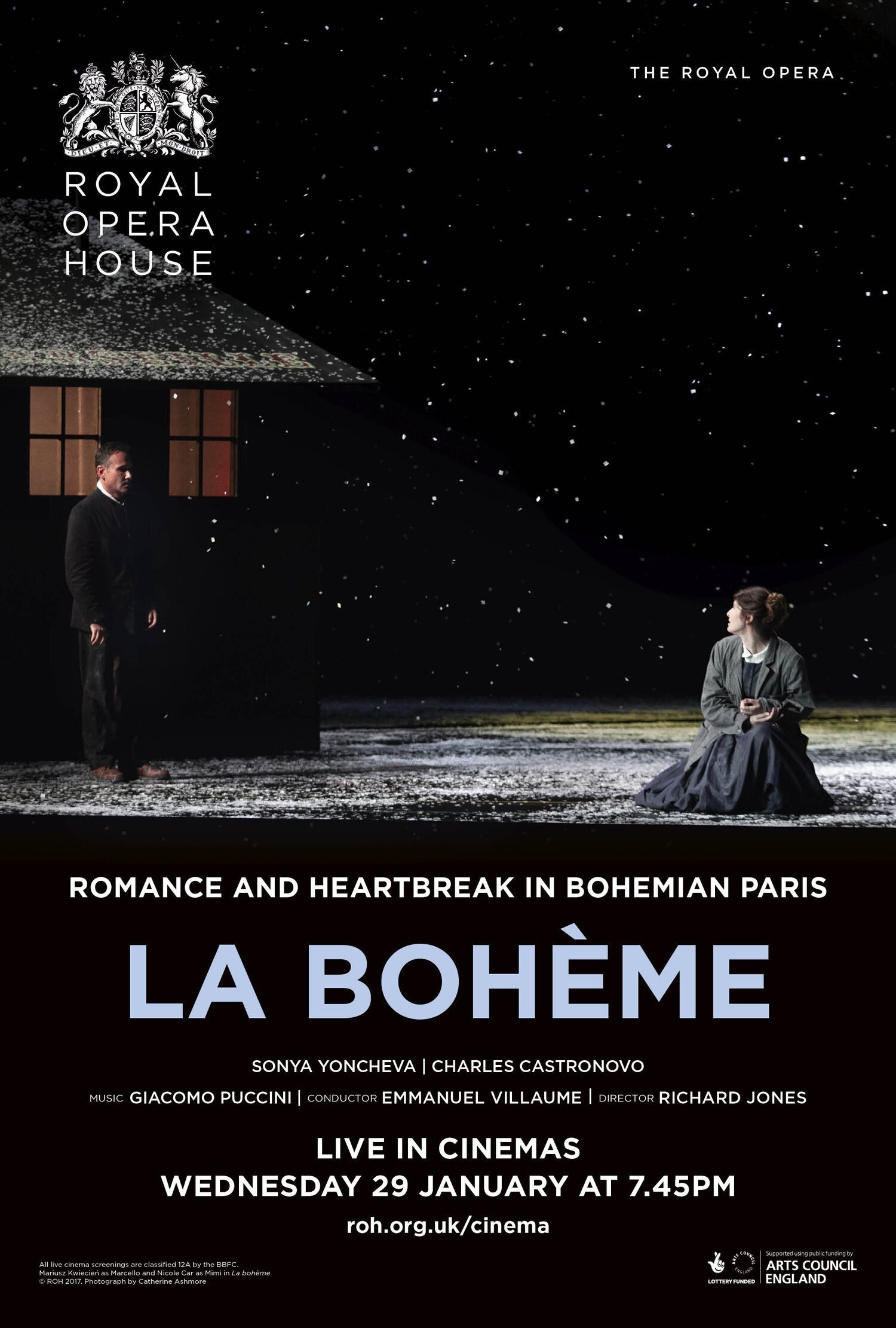
Puccini’s passionate opera is conducted by Antonio Pappano and stars a superb young cast including Nicole Car, Michael Fabiano and Mariusz Kwiecień, in a new production by Richard Jones.
By browsing this website, you accept our cookies policy.